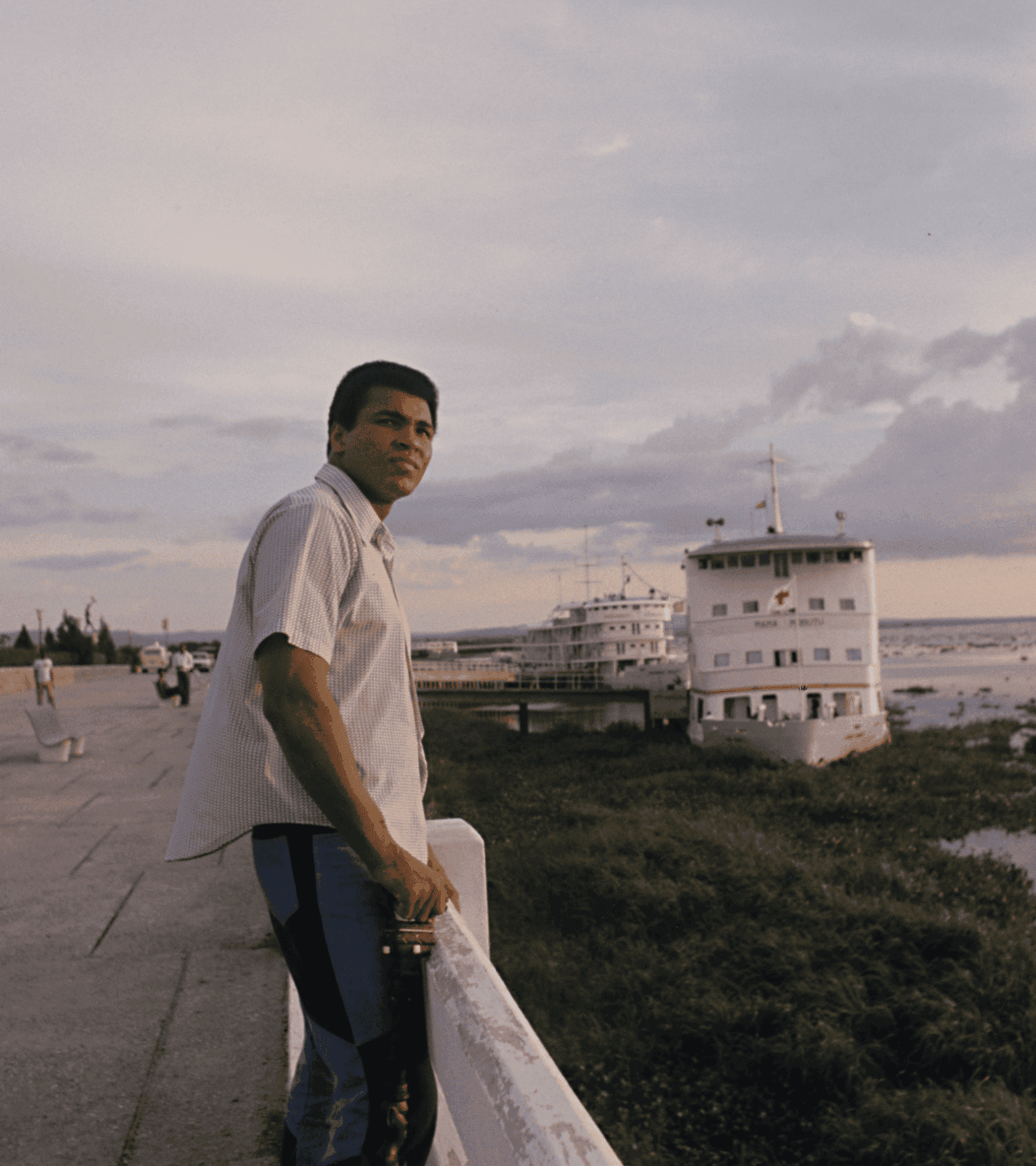Frequently Asked Questions
Here are some of our most frequently asked questions about visiting the Muhammad Ali Index. Our team is always available to answer questions.
What is the Muhammad Ali Index?
Visit this page to learn all about the Index
What are the pilot cities?
Atlanta, Chicago, Dallas-Fort Worth, Denver, Jacksonville, Las Vegas, Los Angeles, Louisville, New York City, Phoenix, San Antonio, Seattle
How do I get involved?
There are many ways to get involved with the Ali Index, learn more here
What is the Compassion Report?
The 2025 Compassion Report is the inaugural publication of the Muhammad Ali Index, providing a comprehensive analysis of compassion in America. The report identifies cultural and behavioral trends, introduces the Net Compassion Score (NCS) metric, and highlights the challenges and opportunities for fostering compassion across six key sectors: spirituality, self-care, education, health care, sports, and politics.
Why is this work significant?
The Muhammad Ali Index is a first-of-its-kind initiative that provides a quantitative look at the state of compassion and gives practical, actionable steps to improve it. The insights discovered through the multi-faceted research process reveal surprising trends, decode the driving forces for compassion, and provide a business case for compassion and direct city policy recommendations.
At a divisive time, it provides actionable insights and data to help communities, leaders, and policymakers prioritize compassion as a foundation for societal progress.
How does the Net Compassion Score (NCS) work?
The NCS is a unique metric that measures a city’s ability to foster compassion. It assesses factors like access to community resources, civic participation, and inclusivity. Scores range from -100 to 100, with higher scores correlating to stronger community engagement and well-being.
What are the most striking findings from the report?
- A 4,000% increase in compassion-related online searches, indicating heightened interest in empathy and understanding.
- There is a troubling decline in compassion, with 61% of Americans reporting decreased compassion in recent years.
- Evidence of a compassion paradox: Despite a booming personal coaching industry, one-third of Americans demonstrate below-average self-compassion metrics.
- Cities with higher NCS scores, such as Louisville, Seattle, and Atlanta, exhibit better civic engagement and community well-being.
What does the report reveal about compassion trends in the workplace?
The report suggests that traditional workplace initiatives like etiquette training may miss the mark. While 60% of businesses run such programs in 2024, only 11% of employees view coworkers as a source of compassion. This highlights the need for more authentic and impactful approaches to fostering compassion in professional environment.
What is the goal of the Ali Index?
The goal is to expand compassion research and how it’s discussed to include everyday people.
The introduction of measuring compassion in an accessible format is meant to inspire a movement to skill for compassion in culture at-large. Provide civic leaders, educators, community leaders with research, resources, and recommendations to support the development of innovative policy and programs that foster compassion in our communities.
To inspire individuals to take action to build a more compassionate world.
What was the methodology used for the Index?
Learn more about the Index methodology here:
How much does it cost to participate?
The pilot Muhammad Ali Index was generously underwritten by our funding partners. The Muhammad Ali Center is committed to working with communities nationally. If you would like to your city to be involved, please contact our team.
What’s the next step for the Index?
The Muhammad Ali Center is committed to advancing this vital work. With your support, we plan to track compassion’s growth, expanding research to include rural areas and more urban communities for a full-resolution portrait of compassion in America. Eventually, we aim to scale the Index internationally.
How does this initiative honor Muhammad Ali’s legacy?
Muhammad Ali’s life was a testament to the power of compassion in the fight for justice. This initiative extends his legacy by providing a framework for understanding and fostering compassion on a societal level. It reflects his belief that compassion is our greatest weapon for creating a better world.
How can individuals contribute to fostering compassion?
Individuals can take meaningful steps by signing the Ali Compassion Pledge and committing to daily acts of empathy and understanding. When multiplied across communities, small actions can lead to significant societal shifts.



